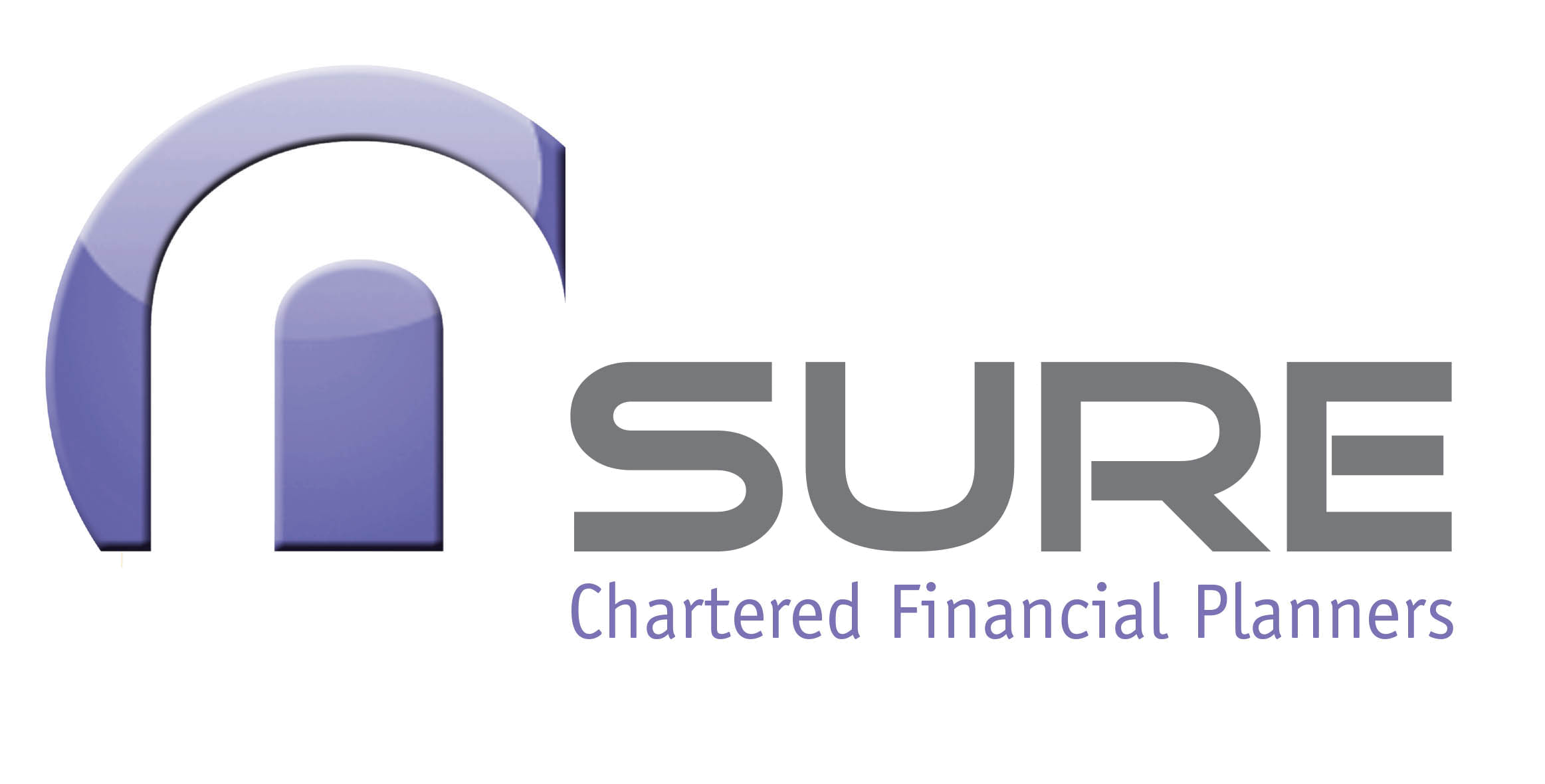Making Tax Efficient?
Ineffective tax planning could mean that you are paying more tax than required. Tax planning is a big part of Nsure’s ongoing service and we can ensure you have the right arrangements in place to minimise your tax and ensure you utilise your annual allowances, including pension contributions, ISA allowances, capital gains tax allowances, and also gifts permitted to reduce inheritance tax.
Inheritance Tax
Inheritance tax (IHT) is a tax that could be due on your estate when you pass away and may be payable on any gifts you make in your lifetime in the seven years before you die. There is usually no tax to pay on death if you leave everything to a spouse or civil partner, or to another exempt beneficiary such as a charity. You have a ‘nil rate band’ which is the amount you can pass on without paying IHT, and if you pass your home to your children or grandchildren you also have a ‘residential nil rate band’, although this is tapered if your overall estate exceeds £2 million. If you make an outright gift to an individual, it is known as a ‘potentially exempt transfer’ and no IHT is due at the time of the gift. The gift will be exempt from IHT if you live seven years, and if you die within seven years the amount of gift will be taking into account with your remaining estate when calculating the IHT due. The amount of IHT due is tapered depending on when you die. Some gifts during your lifetime are immediately chargeable to IHT and these are known as ‘Chargeable Lifetime Transfers’ and IHT is due if the gift or accumulated gifts in the last seven years are over the nil rate band’.
Income Tax
Income tax may be liable on your income from employment, self employed profits, some state benefits, most pensions, rental income, interest on savings and benefits from your job. Each individual has a personal allowance which is the amount of income you can receive in a tax year before you start paying income tax. This allowance is reduced by £1 for every £2 of income above £100,000. There is also a personal savings allowance which is the amount of interest you can receive in a tax year before you start paying income tax, and the allowance is different for basic rate and higher rate taxpayers. There is no personal savings allowance for additional rate taxpayers. There is also a dividend allowance which is the amount of dividends you can receive in a tax year before you start paying income tax. You can receive tax relief on pension contributions, charity donations and business expenses which can help reduce the amount of income tax you pay.
Capital Gains Tax
A capital gain can be generated from the sale of an investment outside a tax wrapper or from the sale of property. Each individual has a capital gains tax allowance which is the amount of profit you can make on selling investments/property in a tax year before you start paying capital gains tax. The rate of tax on gains up to the basic rate threshold is 10% and the rate of tax on gains above the basic rate threshold is 20%. If the gain is from the sale of a residential property (excluding your main residence) then there is an extra 8% added to the tax rates. You can offset any capital losses against capital gains in the same tax year and you can carry forward any capital losses to use against future capital gains.
Need Help? Get in Touch
If you would like to explore your options and speak with a member of our team, please call us on 01903 821010.
